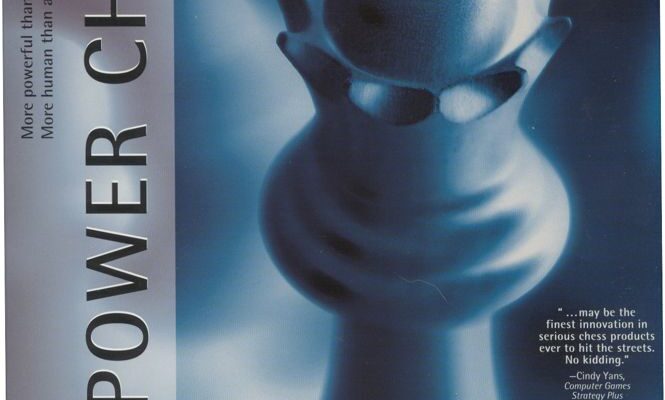In an increasingly complex world, the quest for effective educational tools extends beyond traditional textbooks. Enter chess, an ancient game experiencing a modern resurgence, not just as a pastime but as a sophisticated instrument for cognitive development.
The Grand Strategy of Learning: Why Chess in Education?
For centuries, chess has been revered as the ultimate battle of wits. Its intricate rules and limitless strategic possibilities have captivated minds from royalty to revolutionaries. But its true power, educators are now realizing, lies not just in challenging intellects but in actively forging them. It`s a game that teaches more than just how to move pieces; it teaches how to think.
Imagine a classroom where students eagerly tackle complex problems, not out of obligation, but out of genuine engagement with a game. This isn`t a utopian vision; it`s the reality chess brings. The skills honed over the checkered board are remarkably transferable to academic success and life:
- Critical Thinking: Every move demands analysis, foresight, and evaluation of consequences. This translates directly to problem-solving in mathematics, science, and everyday decision-making.
- Concentration and Patience: A single lapse can change the game`s outcome. Chess cultivates the ability to focus for extended periods and to patiently work towards a goal.
- Strategic Planning: Players learn to set short-term tactics within long-term strategies, a fundamental skill for academic projects and career planning.
- Adaptability and Resilience: When a plan goes awry, chess players must adapt, learn from mistakes, and strategize anew. This resilience is invaluable in navigating challenges.
- Creativity: While often seen as logical, chess also rewards imaginative solutions and novel approaches.
FIDE & IOC: Moving Pieces on a Global Scale
The recognition of chess`s profound educational benefits isn`t just anecdotal. Major international bodies are actively championing its integration into curricula. The International Chess Federation (FIDE), in collaboration with the International Olympic Committee (IOC), is at the forefront of this movement. Their joint efforts underscore a global commitment to leveraging chess for educational excellence, seeing it as more than just a sport, but as a critical tool for human development.
Through dedicated commissions like the FIDE Chess in Education Commission and the ECU Education Commission, these organizations are developing standardized methodologies and providing resources to empower educators worldwide. It’s a concerted effort to ensure that the ancient game’s wisdom is accessible to the next generation in a structured, impactful way.
London`s Strategic Move: Masterclasses for Modern Educators
A prime example of these global initiatives coalescing into tangible action is the upcoming series of transformative masterclasses scheduled for October 11-12 in London, at the Mindsports Centre. This event isn`t just another conference; it`s a strategic gathering designed to equip educators—from seasoned chess coaches to curious teachers with no prior chess experience—with the practical tools and fresh insights needed to bring the game`s benefits into every classroom.
With only 60 places available, it`s a focused endeavor, bringing together a roster of highly distinguished experts:
Meet the Architects of Educational Chess:
- Jerry Nash (Chairman, FIDE Chess in Education Commission): Leading workshops on using chess for Critical Thinking Development, transforming abstract concepts into practical classroom applications.
- Rita Atkins (Secretary, FIDE Chess in Education Commission): Exploring advanced problem-solving with Problems on the Chessboard for Gifted and Talented Students, pushing the boundaries of intellectual engagement.
- Anzel Laubscher (FIDE Senior Lead Instructor, WIM): Guiding educators through the transition From Classroom Chess to Chess Club the Educational Way, ensuring continuity and growth.
- Alla Khachatryan (FIDE Lead School Instructor): Presenting foundational methods on How to Teach Chess Basics Effectively in the Classroom, making the game accessible to all.
- John Foley & Brigitta Peszleg (ECU Education Commission Members): Collaborating on Chess and Strategy Games in the Classroom, showcasing the broader spectrum of strategic play.
- Hari Neocleous (Primary Maths and Chess Teacher): Demonstrating the powerful synergy between two disciplines with Teaching Mathematics through Chess.
- Daniel Gormally (Chess Grandmaster): Sharing advanced techniques for Optimising Strategies for Chess Minigames, bringing a grandmaster`s insight to simplified yet potent learning scenarios.
This diverse group of experts illustrates the multi-faceted approach to chess education, demonstrating its versatility across different age groups, skill levels, and academic subjects. The masterclasses promise hands-on tools, comprehensive materials, and invaluable networking opportunities, all supported by the funding bodies, making it an accessible and high-impact learning experience.
Beyond the Rooks and Knights: A New Era of Learning
The integration of chess into education isn`t merely about creating future grandmasters; it`s about fostering a generation of critical thinkers, resilient problem-solvers, and adaptable individuals. It`s about harnessing the power of play to unlock potential, moving beyond rote memorization to genuine understanding and strategic engagement.
As these initiatives gain momentum, perhaps one day the question won`t be “Why teach chess in schools?” but rather, “How could we ever have overlooked such a potent educational tool for so long?” The pieces are moving, and the future of education might just be played out on 64 squares.







